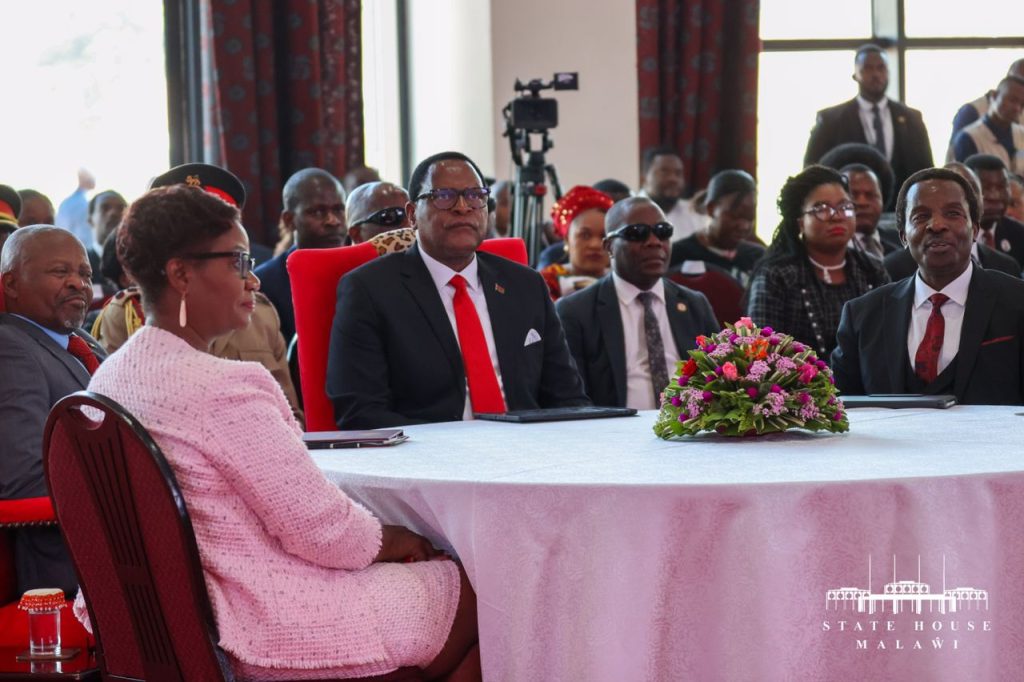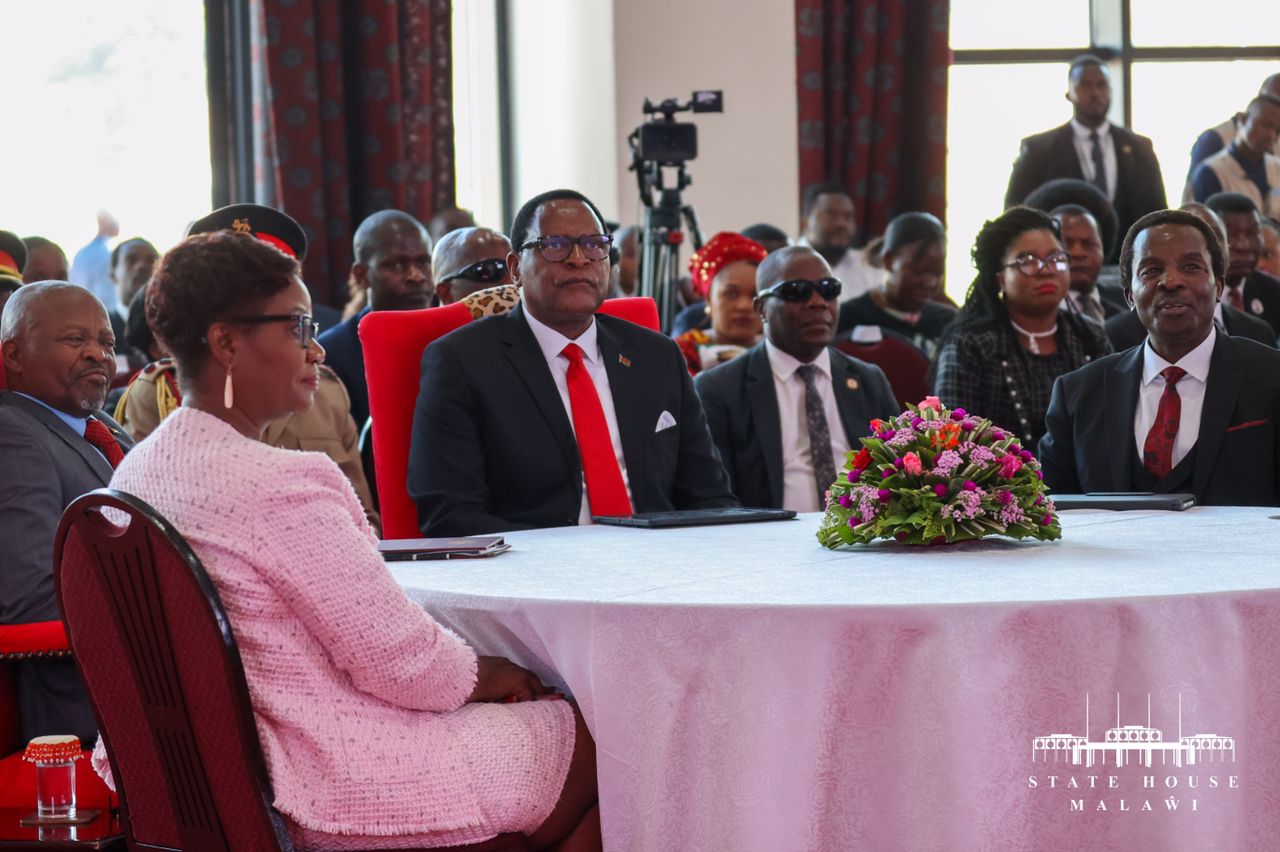Malawi President Dr. Lazarus McCarthy Chakwera says empowering women and youthful farmers is key in addressing devastating effects of climate change in Southern African countries.
Chakwera said this is why his government is prioritizing gender and youth inclusion in agriculture.

The Malawi leader made the remarks on Wednesday when he presided over the Southern African Confederation of Agricultural Unions (SACAU) Conference at the Bingu International Convention Centre in Lilongwe.
The conference was organized by the National Smallholder Farmers Association of Malawi (NASFAM) and the Farmers Union of Malawi (FUM). It attracted participants from various farmer clubs and organizations in Malawi and other Southern African countries.
President Chakwera said the recent attacks Malawi suffered from the devastating impacts of climate change events, such as Cyclones Ana, Gombe, and Freddy, as well as the El Nino weather, prompted his government to devise mechanisms for mitigating them.
“]The adverse effects of climate change] have all hit us in quick succession in the four years that I have been President, creating acute food shortages and threatening our people with hunger and significantly disrupting the implementation of various agricultural programs in this country.
“Our farmers have lost lives, crops, livestock, and infrastructure, undermining years of progress, forcing us to repeal and replace our disaster management legislation to better respond to this clear and present going forward,” he said.
But Chakwera noted that despite the unprecedented destruction the nation have suffered, Malawians have been resilient and have shown each other the kind of uncommon solidarity and unity that forms the basis and foundation for the national economic recovery and enhancement of their disaster preparedness and response, including the alignment of our policies with international frameworks for disaster risk mitigation.
He highlighted the National Disaster Risk Management Policy, which now provides a comprehensive approach to disaster risk reduction and management, focusing on prevention, preparedness, response, and recovery, as proof for this resilience.
Chakwera further stated that his government has established early warning systems, conducted community-based disaster risk management training, and promoted climate-smart agricultural practices to build resilience among our farmers.
“And we are also actively involved in the Warsaw International Mechanism for Loss and Damage associated with Climate Change Impacts, which gives us the mechanism for helping vulnerable communities address the impacts of climate change and access the technical support and resources necessary to manage loss and damage,” he said.
At the national level, President Chakwera said his government has introduced interventions specifically designed to address loss and damage include the implementation of policy measures and support programs aimed at providing financial and technical assistance to affected communities.
He therefore said Malawi’s collaboration with international partners and stakeholders has been instrumental in strengthening the country’s resilience to climate change impacts, stating that by working together with international partners, including through SACAU, Malawi can develop robust strategies to mitigate these impacts across the region.
“So I believe that we must stand together in protecting our farmers at all cost,” he said.
In his remarks, SACAU Chief Executive Officer, Ishmael Sunga, emphasized the need for Southern African countries to revitalize the agriculture sector by embracing digital farming technologies as part of their adaptation strategies in the face of climate change.
Sunga therefore thanked President Chakwera for showing unwavering support and commitment to the agriculture in Malawi, saying this resonates with SACAU’s agenda to rally Southern African countries towards transforming the sector.
“We are committed to a transformative agenda to agricultural development which is growth oriented and enterprise development focused. Core to our mission is promoting, advancing, protecting, defending the common interests of farmers in the region,” he said.
